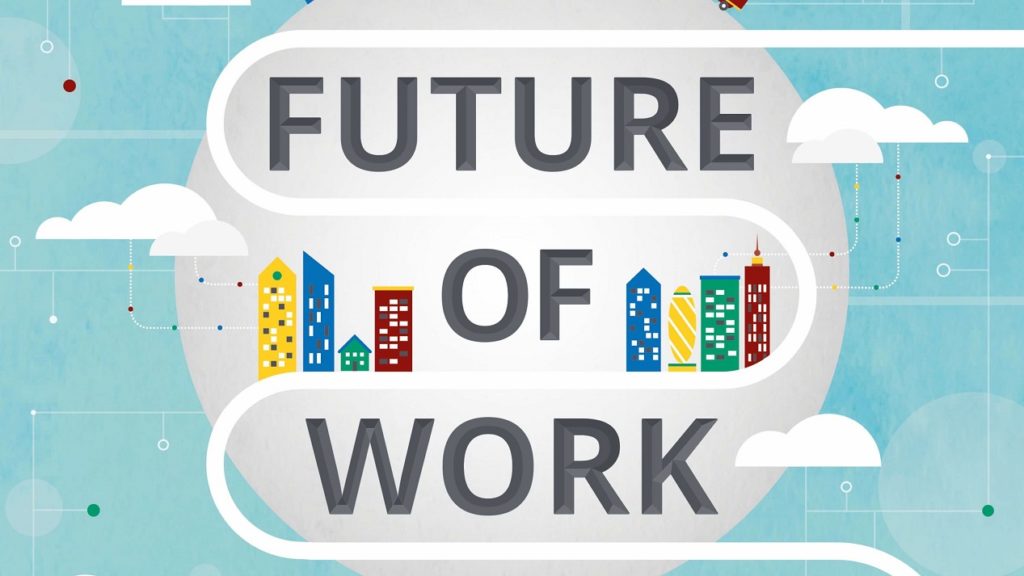Last Updated on February 21, 2025 by Owen McGab Enaohwo
How, where, and when people work has been transformed by the pandemic now spanning over a year. What has not changed is why people work to earn an income and have a sustained sense of purpose. Nevertheless, the methods people are engaging in to complete work – and their expectations from those that hire them – have evolved. I have seen this transformation firsthand working at large technology companies and advising startups.
The most significant three trends that I believe Covid has impacted in the workforce are how people communicate (the cadence of communication and approaches to communicating to remote workers), how people interact with technology to drive business outcomes. The flexibility people will require when conducting future jobs.
These changes are subject to change again as people head back to their regular commutes and offices, but some of these changes will endure. If you are hiring – or building a company and reflecting on the culture you wish to set in your hiring practices – these trends are worthy of reflection so that you can build enduring cultures and attract and retain great talent.
1. Communication:
As the employee-employer relationship shifts from transactional to holistic, so too must the ways in which they communicate with each other. Though there will always be an element of face-to-face interaction, employee-employer communication will become increasingly digital and group-based. Both will view learning, development, and career progression as a joint journey.
Technology and digitalization have opened up new possibilities for learning and development, with technologies like video, interactive learning portals, and social platforms becoming more prevalent. When it comes to education in the workplace, knowledge can be a very personal and individual experience. For example, a millennial might prefer to learn how to use a new software using a short video tutorial, while a Gen X-er could want to sit through a more formal, classroom-esque session. However, what will never go out of fashion is learning on the go and the flexibility to learn at different times and different locations. While some technology will remain constant – laptops and monitor mounts are not going anywhere – how people use these tools to connect, engage, and deploy information is changing. Firms need to be aware of how people think about learning and how to communicate educational outcomes that advance career development.
The best learning experiences are well-thought-out, relevant to the users’ needs, and accessible at the right time and place. The future of corporate education will be flexible learning.
2. Digital:
As the digital economy continues to advance, so will the way people work. As a result, all business processes will increasingly be digital, and in the future, everything from employee recruitment to recognition will be done via Cloud software system. Companies thinking about HR and attracting and retaining talent using various methods of recruitment will also need to dive deeper into security. User data security within a corporation will be paramount, and employees will demand high levels of encryption and protection for their devices and data. As digitalization continues to transform the workplace, so will the technologies employees use to interact with their employers. For example, how people use smartphones and wearables to manage their day-to-day activities will become increasingly important. In particular, the use of wearables in the workplace is rapidly increasing, with 10% of US companies already implementing wearables or IoT frameworks.
3. Flexibility:
New entrants to the labor market are used to having options and making decisions according to their needs. As a result, workplaces will need to become increasingly flexible in the way they operate and will need to ensure that they are the best places to work for employees of all generations. For example, more flexible work arrangements will be increasingly important as this generation starts to become parents and will want to work in their home office to care for their children. Besides, how employees work and collaborate will also be meaningful. For example, the ability to work from anywhere, use various devices, and tap into the knowledge of a variety of people, will be increasingly relevant to attract top staff. As employees work in multiple locations, including at home and on the go, there will be an increasing need to ensure that their data is available and accessible to them wherever they are.
Implementing employee GPS tracking apps can contribute to this flexibility by allowing seamless tracking and management of work activities across diverse locations without compromising data accessibility and security.
According to a recent survey by Bank of America, 69% of millennials would instead work for a company that offers flexibility and personal growth over a company that provides more compensation.
Bringing It All Together
Throughout business history, employees had to adapt to managers, and managers had to adapt to organizations. Covid is changing how, where, when, and why people work. The increased presence of higher communication standards, digital engagement, and flexible work policies will change how companies seek to attract and retain talent. These changes will alter the very nature of work.
About the author of this article:
Adam Naor is a freelance writer.
